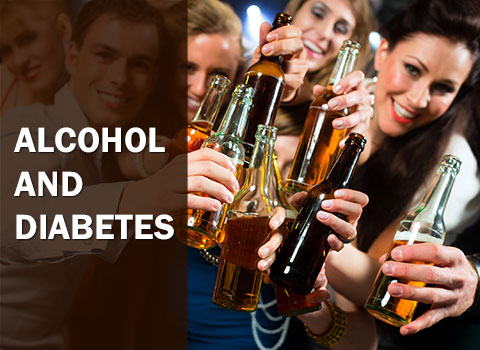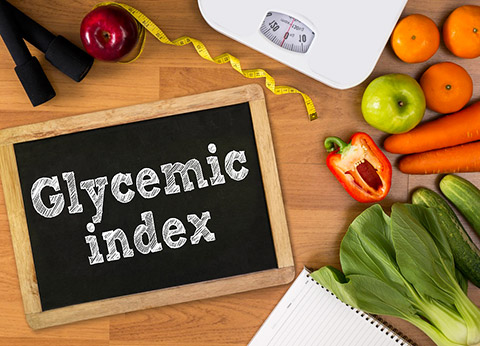Alcohol and diabetes
 Everybody likes the occasional drink and there is really no harm in it. However for diabetics, alcohol can be extremely dangerous. People with diabetes should always drink in moderation and keep in mind that they need to use proper precautions when they drink. The most important thing to do before a diabetic can pick up a drink is to keep their diabetes well in control. It is important to talk to your health care professional or doctor about diabetic complications, medications and other health conditions before one can start drinking.
Everybody likes the occasional drink and there is really no harm in it. However for diabetics, alcohol can be extremely dangerous. People with diabetes should always drink in moderation and keep in mind that they need to use proper precautions when they drink. The most important thing to do before a diabetic can pick up a drink is to keep their diabetes well in control. It is important to talk to your health care professional or doctor about diabetic complications, medications and other health conditions before one can start drinking.
The ADA (American Diabetic Association) suggests the following rule for diabetics [in conjunction with the USDA (United States Department of Agriculture)]:
- No more than two drinks per day for men and one drink daily for women.
- Adults over age 65 should speak to their doctor about the appropriate limits for drinking alcohol.
- Alcohol is processed in the body, the same way fat is and contains lots of calories.
- Alcohol lowers blood glucose levels and can cause hypoglycemia.
Facts about diabetes and alcohol use
Below are some facts about alcohol:
- Beer and wine contain carbohydrates and can raise blood sugar levels.
- Alcohol is known to stimulate the appetite and make you feel hungry. It is important to be careful that you do not overeat and increase your blood sugar levels.
- Consuming alcohol can hinder the positive effects of oral diabetic medications and insulin.
- Alcohol can cause flushing, nausea, increased heart rate and slurred speech.
- Alcohol can adversely affect people with high triglyceride levels.
- Alcohol is also known to increase blood pressure, which can be very harmful for a diabetic.
- 1.5 oz of 80-proof distilled spirits equals 100 calories.
- 12 oz beer equals 150 calories.
- 5 oz wine equals 100 calories.
Tips for staying safe
It is important to stay safe when you consume alcohol:
- Never have more than two alcoholic drinks a day.
- Drink alcohol only with food. Never on an empty stomach.
- Drink slowly.
- Avoid sugary drinks or mixed drinks and sweet wines.
- Dilute your drink with either water or diet soft colas.
- Always be aware of what is in your glass. Know what you are drinking and how many calories each drink has.
- Always check your blood sugar levels, before you go out to have a drink with friends.
- And lastly, always use the buddy system. Hypoglycemia and intoxication look nearly the same. Make sure you have a friend who knows your medical background and can recognize your symptoms if necessary.






